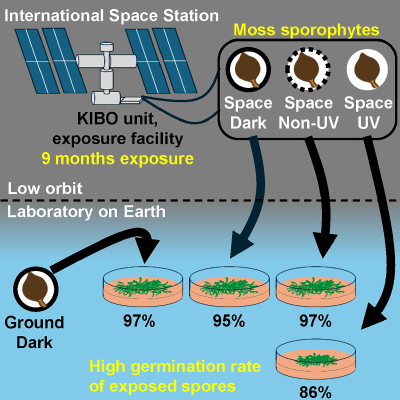November 21, 2025 Quick space links
Courtesy of BtB’s stringer Jay. This post is also an open thread. I welcome my readers to post any comments or additional links relating to any space issues, even if unrelated to the links below.
- Scientists think they have identified a new ancient population of Kuiper Belt objects at about 43 astronomical units from the Sun
That’s about four billion miles. It is however not yet confirmed if the objects found at this distance really form a distinct ancient population
- Chinese pseudo-company Galactic Energy completes its investigation into its failed Ceres-1 launch on November 10th
It appears the insulation on a cable melted from too much heat, causing a short circuit.
- Another Chinese pseudo-company, dubbed Fstspace
Its copycat Falcon 9 will use 9 engines in the 1st stage, fueled by methane. There are a LOT of these Chinese rocket startups. Most will never see the light of day.
- On this day in 1998, the first module of ISS was launched from Baikonur
Dubbed Zarya, it was built by Russia but paid for by the U.S., which still owns it. Though it is the oldest module on ISS, it is the Russian Zvezda module, launched two years later, that presently has the stress fractures in its hull from which the station’s atmosphere is leaking, and which threaten the station’s survival in the next four years.
Courtesy of BtB’s stringer Jay. This post is also an open thread. I welcome my readers to post any comments or additional links relating to any space issues, even if unrelated to the links below.
- Scientists think they have identified a new ancient population of Kuiper Belt objects at about 43 astronomical units from the Sun
That’s about four billion miles. It is however not yet confirmed if the objects found at this distance really form a distinct ancient population
- Chinese pseudo-company Galactic Energy completes its investigation into its failed Ceres-1 launch on November 10th
It appears the insulation on a cable melted from too much heat, causing a short circuit.
- Another Chinese pseudo-company, dubbed Fstspace
Its copycat Falcon 9 will use 9 engines in the 1st stage, fueled by methane. There are a LOT of these Chinese rocket startups. Most will never see the light of day.
- On this day in 1998, the first module of ISS was launched from Baikonur
Dubbed Zarya, it was built by Russia but paid for by the U.S., which still owns it. Though it is the oldest module on ISS, it is the Russian Zvezda module, launched two years later, that presently has the stress fractures in its hull from which the station’s atmosphere is leaking, and which threaten the station’s survival in the next four years.


















